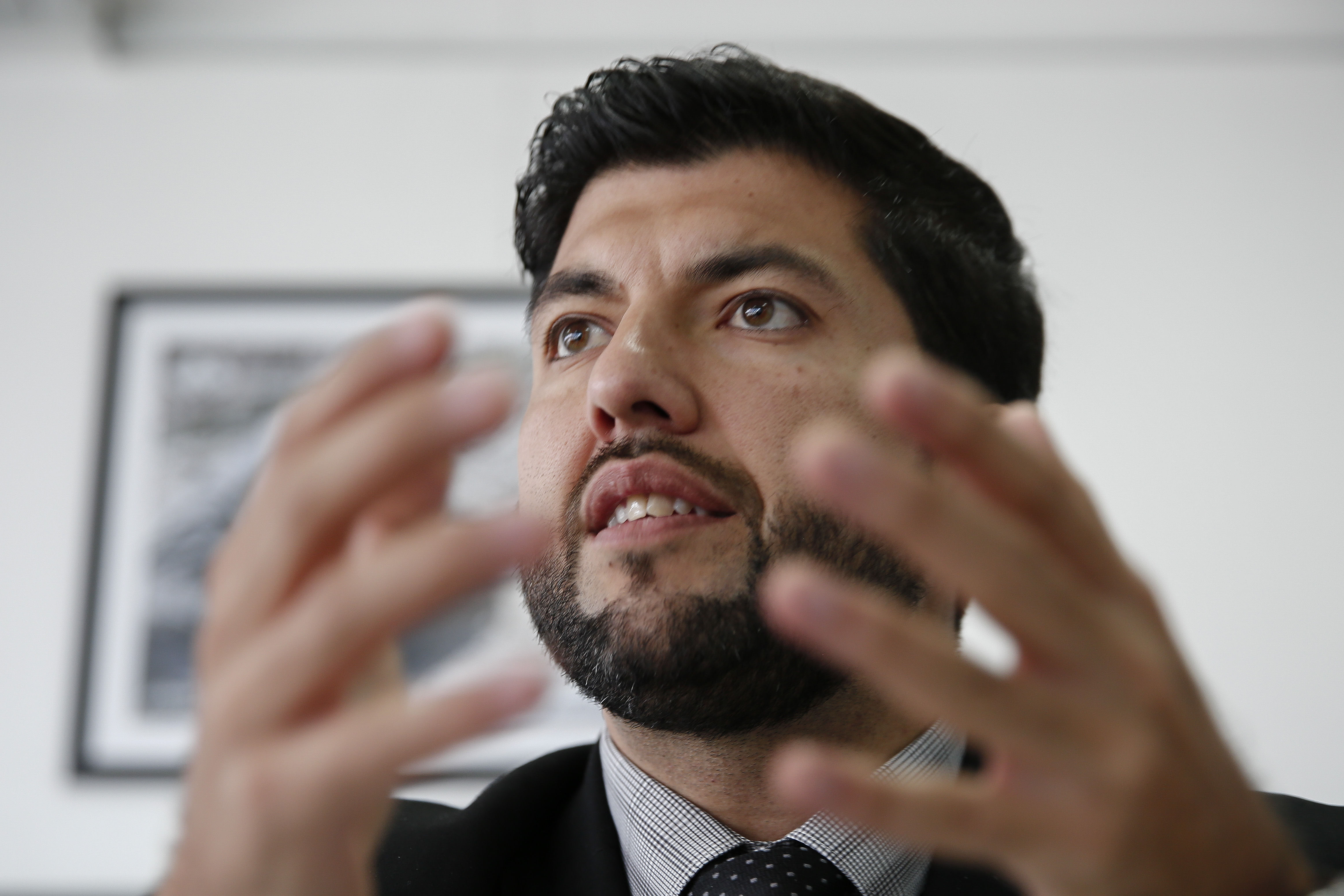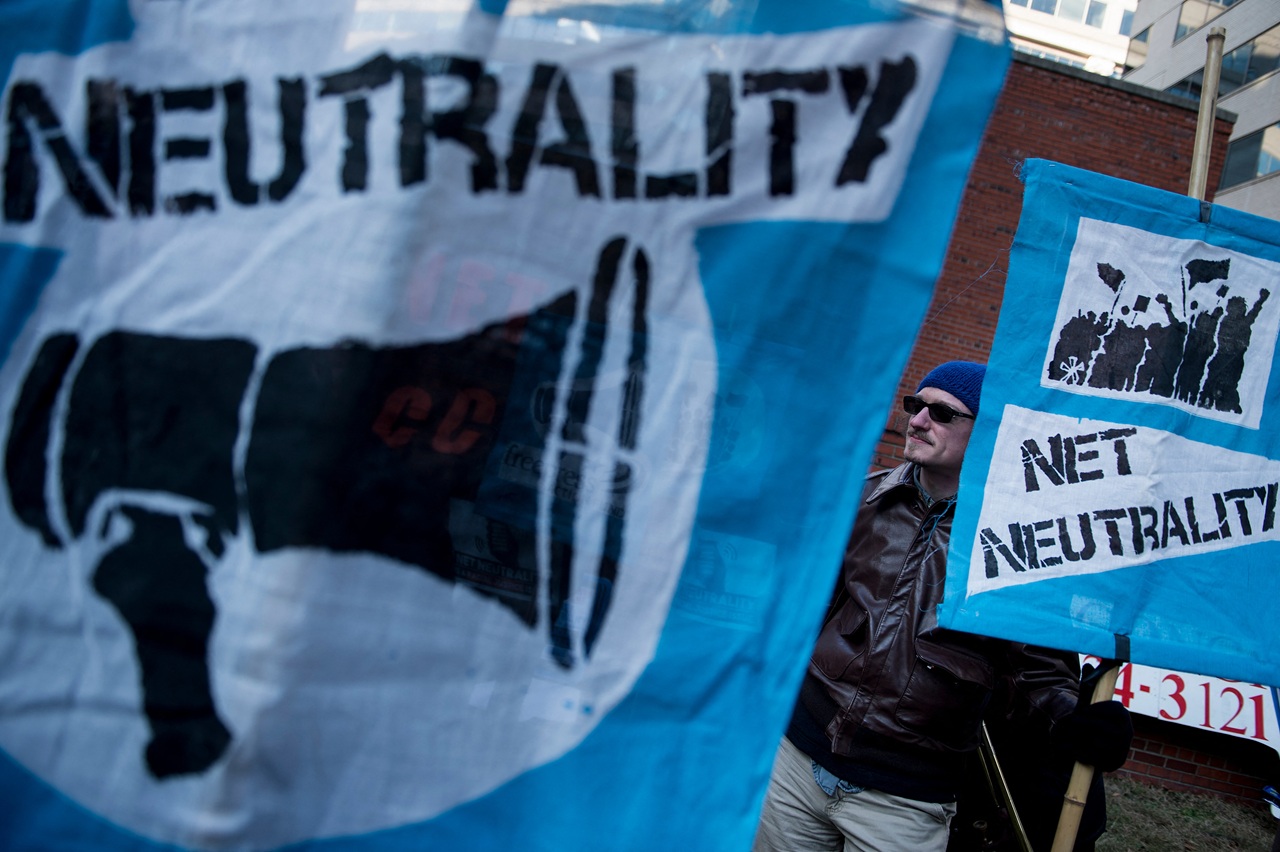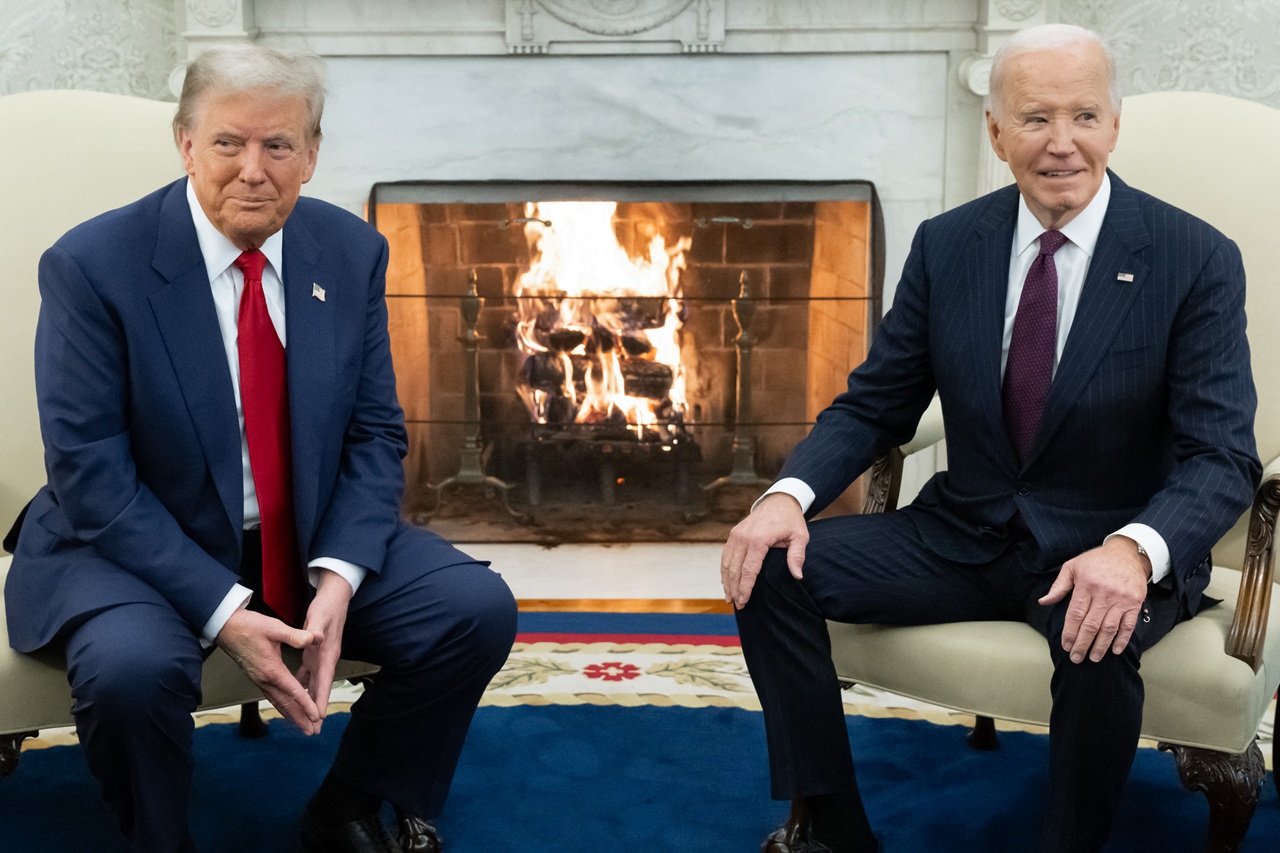
Illegal mining in Ecuador, a plague causing incalculable harm
Illegal mining in Ecuador causes incalculable harm to the environment and the economy, and the administration of President Lenin Moreno is determined to tackle the problem, the deputy mining minister told EFE.
"The environmental damage plus the raw materials mined add up to more than $200 million every three to six months," Henry Troya said when speaking of a recent case of that illicit activity in Buenos Aires.
In late 2017 the word came out about the existence of a gold deposit in the La Merced parish of Buenos Aires in the northern province of Imbabura, and miners from all over the country poured in, doubling and even tripling the local population.
Several years ago, Ecuador pronounced such illegal mining to be the crime of looting state resources and since then has taken measures to prevent it with regular security force operations.
"These organized mafias (are related to) drug trafficking, asset laundering, human trafficking, illegal arms and tax evasion over the border," Troya said about those engaged in or promoting illegal mining.
CONTENIDO RELACIONADO
Added to the economic and social harm done are the high levels of soil and water pollution due to the use of mercury in gold mining, deforestation and other effects that can threaten the survival of nearby communities.
The Ecuadorian government created a Specialized Council in the Interior Ministry, which also has representatives of the military, police, the Attorney General's Office and the Mining and Environment Ministry.
"This illegal mining hurts all of us because it pays no taxes and the workers aren't unionized. It ought to be fined and abolished," the head of the Chamber of Mines, Santiago Yepez, told EFE.
Ecuador is attempting to make mining a force for national development and expects its contribution to the nation's GDP to grow from a mere 1.3 percent in 2017 to more than 4 percent in 2021.
As a result, the nation now offers more projects to large investment consortia, but has also launched a process of legalizing artisanal, or small-scale, mining.
Artisanal mining, which dates from time immemorial in the Andean region, is allowed under Ecuadorian law as long as it is limited to "extracting minerals whose sale earns only enough to cover the basic needs of the person or family group that does the mining."










DEJE UN COMENTARIO:
¡Únete a la discusión! Deja un comentario.